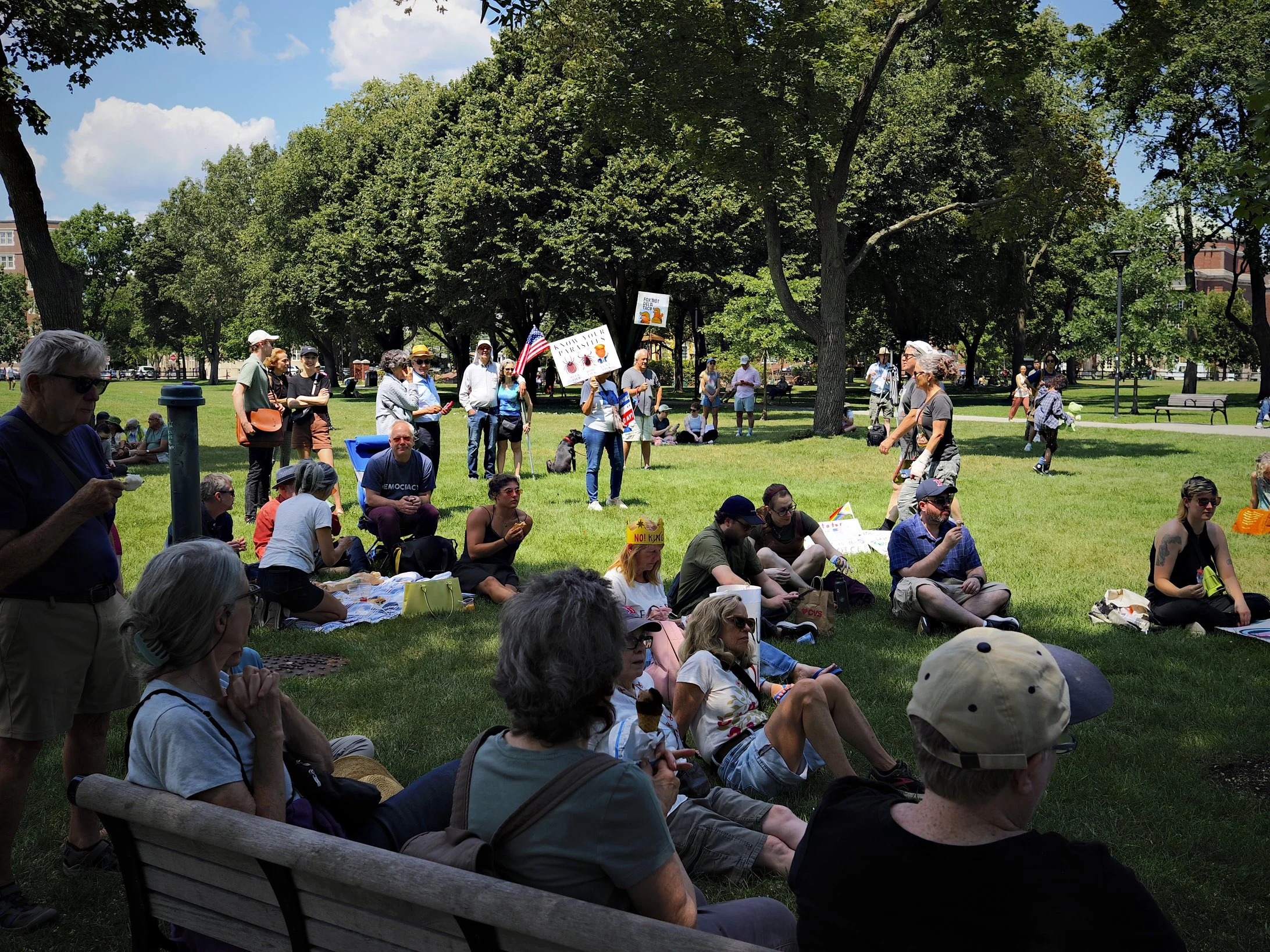Massachusetts Cultural Council: What It Does and Why It’s Important
Strong, local communities are a good thing. Sure, virtual communities can sometimes be more accessible, and joining these communities is often worthwhile (see our Discord). But as many of us learned during the pandemic, there is no direct substitute for face-to-face contact. The fact that we can only be in a single place at any given time means that our local communities have an outsized impact on us. As we showed in a previous article about the vital community relationships the Founders had during Revolutionary times, these communities also greatly affect what we can achieve.
So how do we create close, local communities? Answering this question in full would require a much longer article than this one. However, one way is to create culture. A community can either create its own culture or import it, as when a group of people come together to watch a show none of them were involved in making. These two behaviors have different effects on the community members involved. Consider it this way: if a group meets once a week to watch and discuss Hollywood movies, they would undoubtedly get closer, but if they instead met once a week to stage, rehearse, and ultimately perform a play, the bonds formed by this activity would probably be tighter. One key difference between these activities is that the latter enables more types of relationships: between artists and artists, between artists and audience, and between audience and audience, while only audience-audience relationships are possible in the former. The same argument can be made for other artistic pursuits, not just theater.
Photo via Mass 50501 Volunteer
Unfortunately, the current cultural climate puts strain on local artists. Internet algorithms often turn our attention towards big pieces of mass culture which are not of local origin, reducing the demand for local art. Meanwhile, rising costs have made some art more expensive to create, limiting supply. These two factors feed off each other, risking a vicious cycle where less local art is made, to the detriment of local communities and economies.
Fortunately, Massachusetts is better geared to respond to these trends due to the Massachusetts Cultural Council (MCC). Established in 1990, the MCC sponsors and supports artistic and cultural initiatives in the state. Per their website, their mission is to advance “the Commonwealth’s creative and cultural sector by celebrating traditions and talents, championing its collective needs, and equitably investing public resources.” To this end they provide funding for festivals and cultural districts, increase access to cultural events for low-income households, and fund artists directly, among other initiatives.
Most remarkably, this organization does not restrict itself to supporting culture at the state level, but supports artists at the municipal level through the Local Cultural Council program. In this program, state funds are disbursed to local councils staffed by volunteers who are appointed by the town or city’s top executive. These councils (as well as the related Tribal Cultural Councils) in turn allocate the money to local creators based on factors including “public benefit” and accessibility. There are 329 councils in the state, covering every town and city. (You can find your local council here.) Total funding for the LCC program for the current fiscal year is $5.7 million—or about $0.80 per state resident—with funding allocated roughly proportionally to town population.
You might think, like I originally did, that this is something that every state government does. You’d be wrong. This structure is unique to Massachusetts, and the MCC bills itself as “the most extensive, grassroots cultural funding network in America” for this reason.
As someone who grew up in a podunk town where many of the notable events each year were supported by this program, I think this system is one of the many things that makes living in Massachusetts great, but is also underappreciated. (While funding recipients are required to acknowledge the funding, these disclosures are often easy to overlook.) In particular, people don’t appreciate the benefits these grants can have for local communities: In a community, people are more likely to support each other in times of need. Because people are more likely to see a neighbor they know with political differences as more rounded than an internet stranger, community also helps reduce political polarization. Most straightforwardly, people tend to be happier when they are part of a community. The work of the cultural council does not guarantee any of these happy results—much is still dependent on the initiatives of the communities themselves—but it certainly increases the likelihood.
The existence of the Local Cultural Council program provides many opportunities for engagement. If you are looking to get involved in your local community, look at what’s been funded in your town and see what’s happening at your local library and parks where events are typically held (most events are free for the public). If you yourself are an artist, consider applying for a grant. The state deadline for the LCC grants is October 16th, and many local councils have earlier deadlines, but don’t let that stop you from familiarizing yourself with the process. Together we can make communities stronger!
Discuss this post in our Discord!
Enjoyed this article? Get updates on the movement, volunteer opportunities, and more by clicking below.
